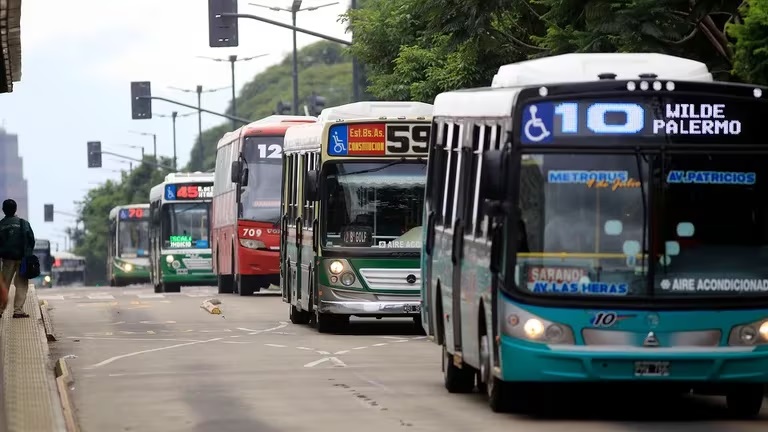
Published 02/01/2024 10:00 | Edited 03/01/2024 13:31
The price of bus tickets increased by 45%, this Monday (1), in the metropolitan region of Buenos Aires in the wake of the dismantling of State protections by the new government of Argentine President Javier Milei.
The minimum value, for sections of up to 3 kilometers, rose from 52.96 pesos to 76.92 pesos. In Buenos Aires, the ticket price is charged according to the length of the route traveled by the passenger. The biggest increase occurred in tickets with sections longer than 27 km, which went from 72.61 pesos to 105.45 pesos.
The increase is due to a set of factors that include the increase in fuel costs, which since the inauguration of the anarcho-capitalist leader has seen inflation of more than 60%, to the Milei government’s lack of commitment to the population’s cost of living, especially the poorest.
Also in January, subway fares are expected to increase from $80 to $110 (an increase of 37.5%) and train fares (an increase of 45.32%).
The measure had been announced last Thursday (28) by the Minister of Infrastructure and Transport, Guillermo Ferraro, after a meeting with five employers’ associations in the sector.
In the last week of 2023, concession companies announced a 50% reduction in the frequency of buses operating in the metropolitan region of the Argentine capital. The measure was the way in which the business community found to blackmail the State for more federal subsidies and increased tariffs for the population.
Businesspeople allege two reasons that make it “impossible to maintain the provision of services”: the increase in fuel prices and the freezes on ticket prices promoted by previous governments as a way of reducing people’s costs of living.
The business community criticizes the measures taken by former economy minister Sergio Massa in a speech aligned with the most regressive sectors of the alliance that brought together former president Maurício Macri and current president Milei.
In a document written after the meeting that sealed the increase in tariffs, the Argentine government in association with the business community stated that “passenger motor transport is practically nationalized, since 91% is financed by the federal government and only 9% of its revenues come from from a genuine source, that is, what passengers who use the service pay”.
Javier Milei assumed the Presidency of Argentina promoting a major deregulation of the country’s economy, weakening the role of the State. The ultraliberal delivered to Congress a project that proposes a comprehensive reform of the State, the elimination of primary elections, changes in the criminal sphere and deregulation of the economy, among other points.
Nicknamed the “bus law”, the proposal has a strong neoliberal content, with shock measures that should especially impact those whose income is being eroded with annual inflation approaching 200%.
See also: Milei’s Omnibus Law reaches Congress under intense controversy
See also: Argentine workers protest and judiciary accepts complaint against decree
Source: vermelho.org.br

